Japan's longtime dominant political party, the Liberal Democratic Party (LDP), suffered an upset defeat in the parliamentary elections to the National Diet on October 27th, falling below the threshold to form a majority. The LDP has long been strong proponents of military cooperation with the United States, as well as supported a referendum on amending Article 9 of Japan's constitution.
With the LDP's defeat in the election, questions are raised regarding Japanese-American military cooperation in the face of a more assertive China. The primary opposition party, the Constitutional Democratic Party of Japan (CDPJ), and its allies have opposed amending Article 9, as well as raised questions regarding United States military installations in Japan. With no clear majority party following Sunday's vote, an air of uncertainty remains regarding the future of these military partners.
On October 27th, Japanese citizens went to the polls in a nationwide parliamentary election, with the longtime incumbent Liberal Democratic Party led by Prime Minister Shigeru Ishiba suffering a defeat with only 191 seats, or 215 when including its usual coalition partners. This is below the 233 required for a majority, marking a period of uncertainty as a new government is formed. The LDP has been in government for almost the entire time period following its founding in 1955, with the only exceptions being between 1993 to 1994 and 2009 to 2012.
From the point of view of a few in the United States defense apparatus, this may be a cause for alarm. In recent years, the LDP government has been at the forefront of pushing for a referendum on Article 9 of Japan's constitution, which limits the Japanese Self-Defense Force and strictly limits the government's capacity to engage in military action. With their party falling below a majority in the 2024 election, this move is almost certain to be delayed or even cancelled outright.
The primary beneficiaries in Sunday's vote were the main opposition party, the Constitutional Democratic Party of Japan, led by former Prime Minister Yoshihiko Nodo, rising to 148 seats. Alongside other opposition parties, they may be capable of forming a majority, ousting the LDP from power. The CDPJ are formally a "pacifist" party according to their manifesto, with the party being opposed to amending Article 9, as well as reviewing the existence of American military bases such as the multiple Marine Corps installations on Okinawa. The party also calls to look into revising the US-Japan Status of Forces Agreement, likely a cause for alarm in Washington as it tries to create a security framework in the Indo-Pacific region to counter what is seen as an expansionist China.
The alliance between the United States and Japan was created in the aftermath of World War II, with the shadow of the Soviet Union looming over East Asia. With the constitution of Japan outlawing the formal creation of an armed forces, the Japanese Self-Defense Force was created. The United States military installations and units stationed there made up the primary security force in the Japanese region in the face of Cold War threats.
The alliance was not seen as an equal partnership, with the JSDF seen as the defensive force and the US troops seen as offensive, with some describing it as the "shield" and "spear", respectively.
Moving into the second half of the 20th century, the Japanese moved to fill a more coequal role in the alliance, with the Diet approving the Self-Defense Force assisting in logistical operations in the Indian Ocean to assist in the War on Terror in the 2000s, with a small number of non-combat personnel deploying to Iraq at the height of the insurgency in the late 2000s.
In the 2010s, former Prime Minister Shinzo Abe broke with decades of established policy by calling to amend Article 9 of the Japanese Constitution. Article 9 formally limits the size of the Self-Defense Force as well as renounces the use of war by Japan in international disputes. The National Diet passed legislation allowing for the use of force in the event an ally is attacked, likely passing with the rise of China as a motivation.
Abe resigned without amending the Article, and attempts by his successors have faced roadblocks. Now with the LDP's hold on power at risk, the possibility of a constitutional amendment is looking unlikely.
The Constitutional Democratic Party of Japan, the main opposition party and possible next head of government, have opposed any attempt to amend Article 9. Any plans on Japanese rearmament would be in jeopardy if the opposition formed a government. Even if the LDP forms a minority, they would struggle with any constitutional amendments as factions in their own party oppose them, with previous attempts at amendment being stopped because of the LDP itself.
From the eyes of an American defense official looking to see Japan rise as a counterbalance to China in East Asia, this would represent a concerning development and roadblock to seeing a strong Japanese ally step up its military strength in the coming years.
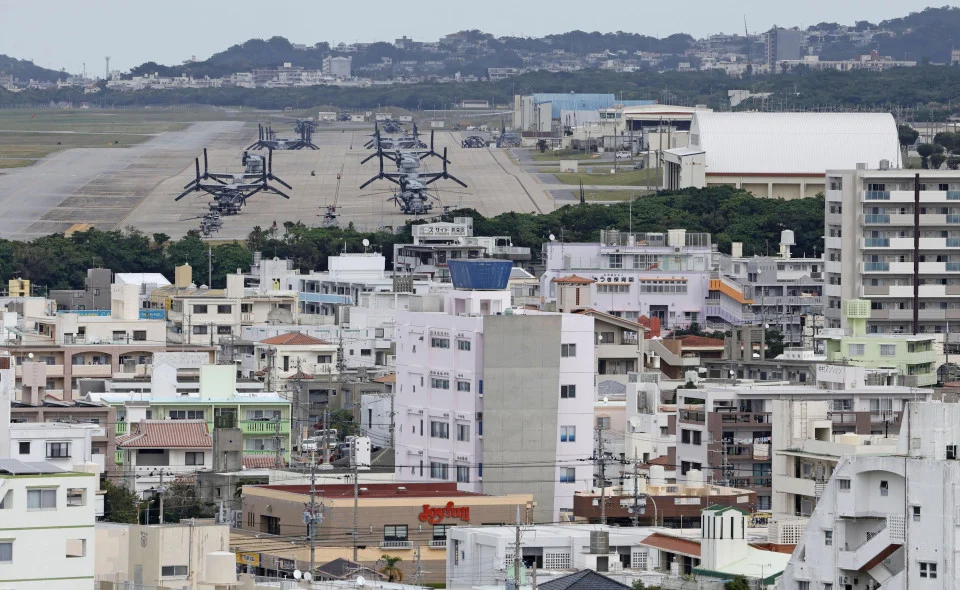
The presence of American military installations on the island of Okinawa is an especially contentious issue in the longtime relationship, which could be brought into new light as the CDPJ has called for a review on the continued presence of the bases as well as opposing any possible expansions.
Over fifty thousand American personnel are stationed on the island of Okinawa, much to the resentment of a large percentage of the island's population. 20% of the landmass of Okinawa is covered by United States military installations. It represents the largest concentration of American military personnel outside of the United States.
A 1995 incident regarding several US personnel caused thousands to protest, causing lingering tension to this day. US personnel have been exempt from local courts in terms of punishing crimes, stoking controversy amongst locals. Bases on Okinawa were used to support the American war in Vietnam during the 1960s, which was extremely unpopular with the population at the time.
The groundwork for the creation of a base relocation began in 2024 but may be halted as the opposition has called to support Okinawans in opposing any US military expansion on the island.
The LDP government had been deploying forces of its own on the island, constructing missile launchers and air defense installations in an attempt to prepare for a possible conflict with China. However, it is likely a possible CDPJ government will roll back these plans.
Okinawa is only around 400 miles (750 kilometers) from nearby Taiwan, making it a critical location for American forces looking to respond during a hypothetical Chinese invasion. Okinawans have opposed the usage of their island for a Taiwan conflict, with the belief that it would turn their home into a target for Chinese missiles or air strikes. If a new government in Japan looks to review or even downsize American presence on the island, it could be a major blow to any American plans for a cross-strait conflict and force the US to use alternative staging areas, likely much further away.
The US-Japan Status of Forces Agreement prohibits local law enforcement from carrying out any form of investigation into an incident involving US service-members in Japan. A crash involving an United States Marine Corps CH-53 into an Okinawa University campus in 2004 brought about tensions nationwide, causing some to consider looking at the agreement again. Japanese police were not allowed to enter the site, and US Military Police locked down the area for several weeks during clean up. Japanese authorities recommend prosecutors look into four US military personnel involved for negligence, but it was declined as the Status of Forces Agreement gives the United States full control over prosecuting its own service personnel.
The clause on prosecuting American personnel has also caused controversy in regards to criminal incidents by servicemen within Japan, with records showing a number of court martial on Okinawa since 2000.
Calls to revise this agreement have put a strain on relations, but the LDP generally opposed any such measures. With the future government of Japan in question, a new wedge between the United States and Japan could be forged.
With the defeat of the Liberal Democrats in the October 27th election, the longtime military cooperation between Washington and Tokyo could be at threat. North Korean belligerency, a possible Chinese-Taiwan conflict and the recent Russian aggression in Ukraine have made the United States look to establish new security frameworks worldwide, with East Asia being one of the most important.
It may be weeks or even months until it is known who will control the National Diet, but the United States may be worried either way. Efforts to increase American presence or support Japanese re-armament may face severe roadblocks no matter what party forms a majority. The United States relies on its allies of Japan, South Korea, Taiwan and the Philippines to form a "wall" in the Pacific to prevent what is seen as Chinese expansionism in the region. If there is a hole in that wall, especially from Japan which is seen as America's closest ally in the region, the entire Chinese containment strategy could be at risk.



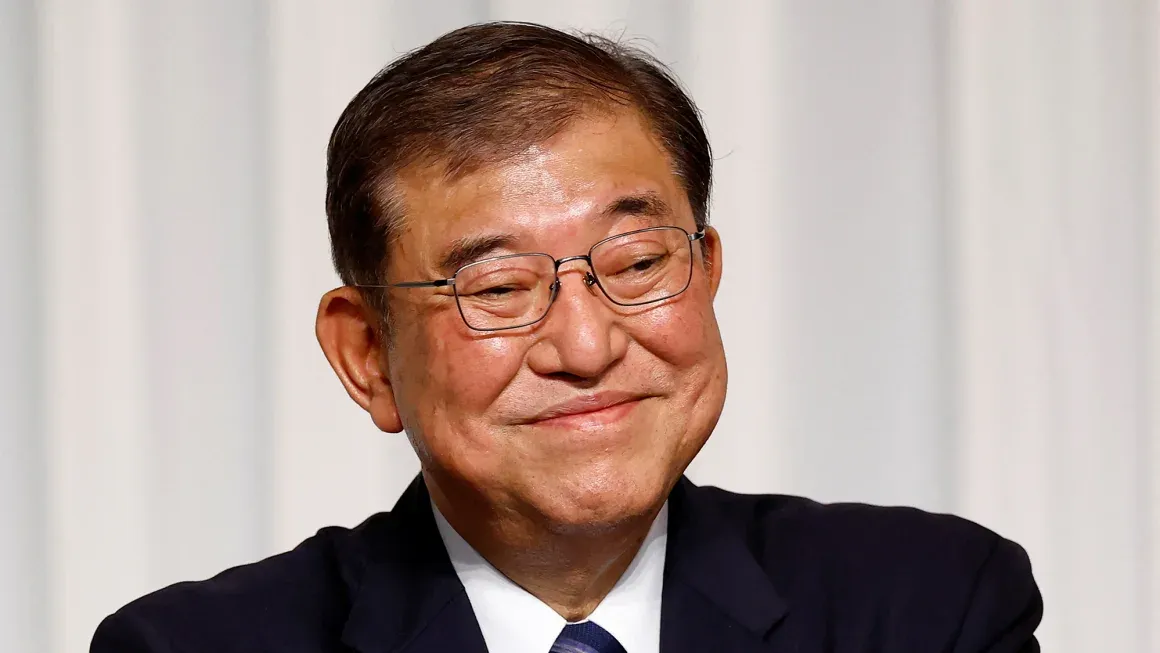



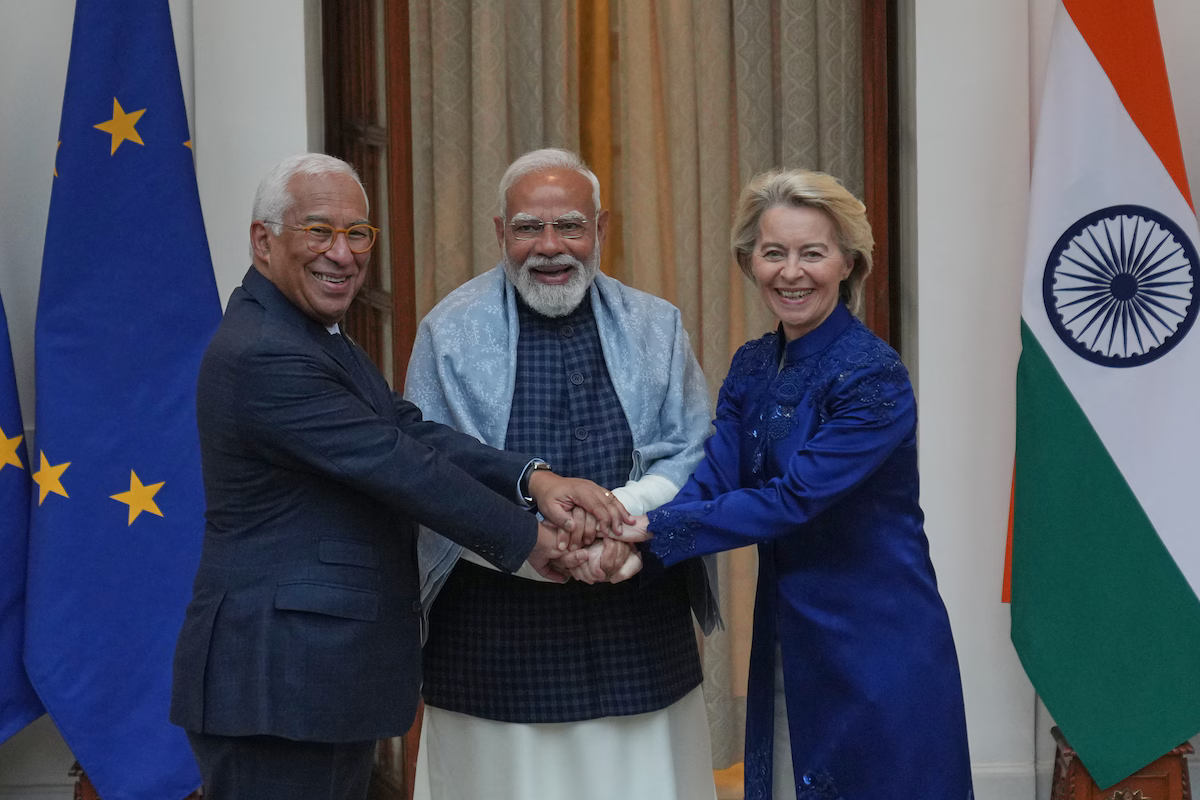
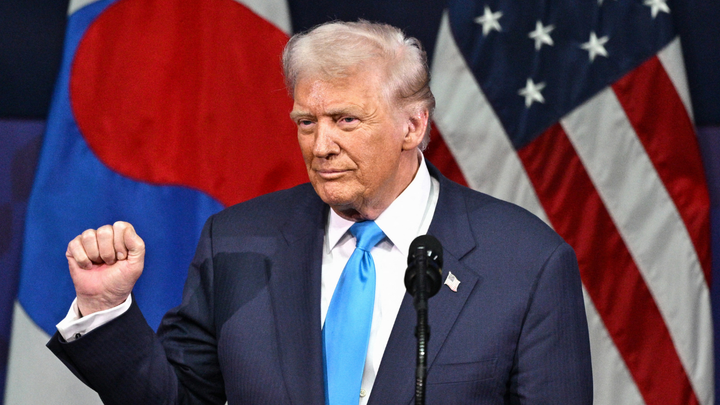

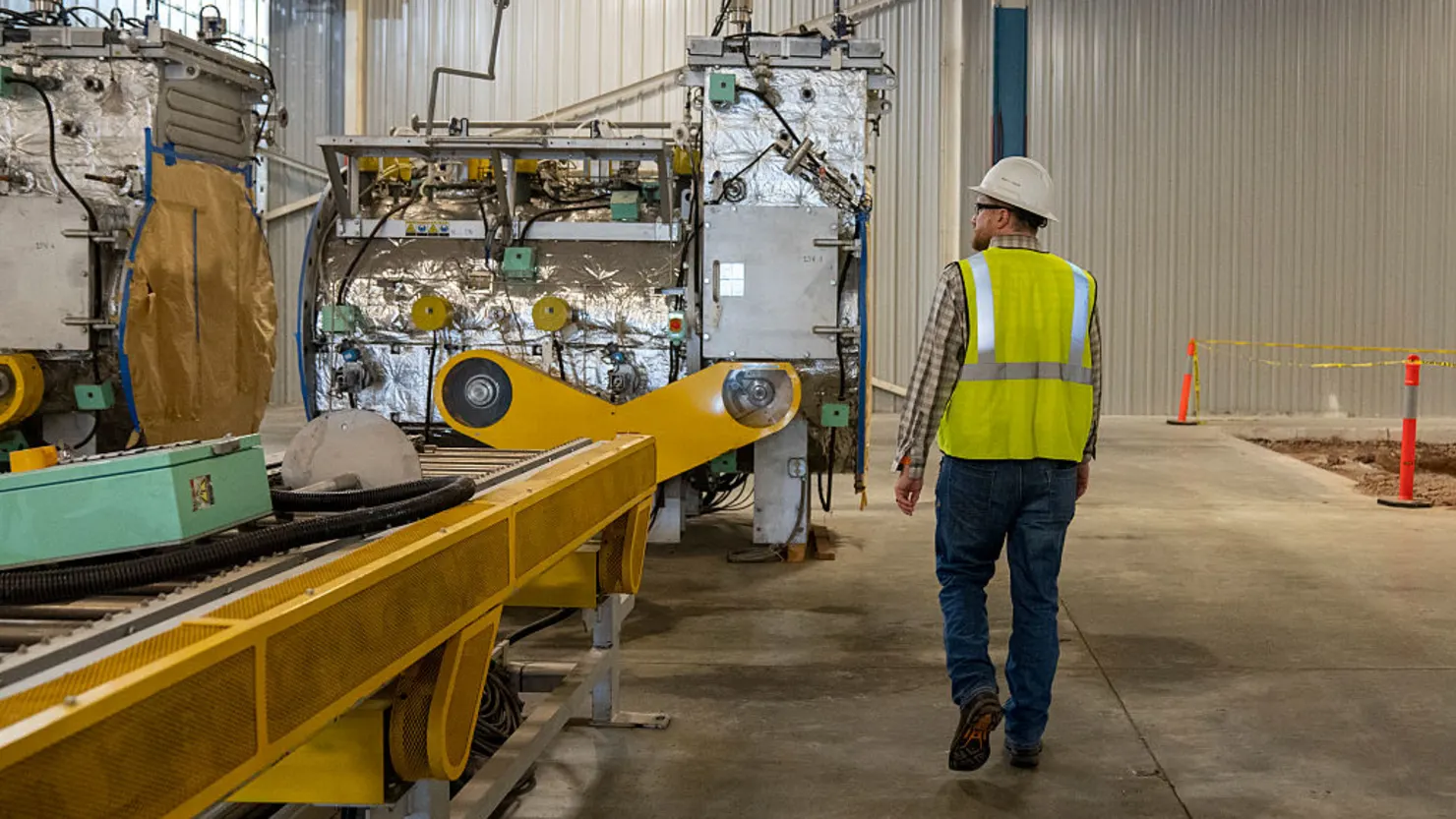

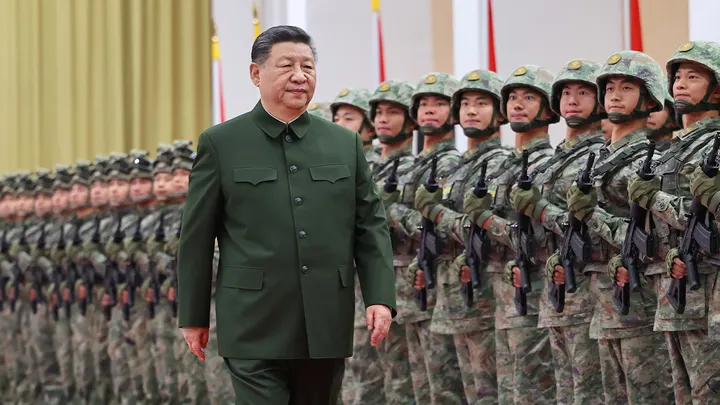
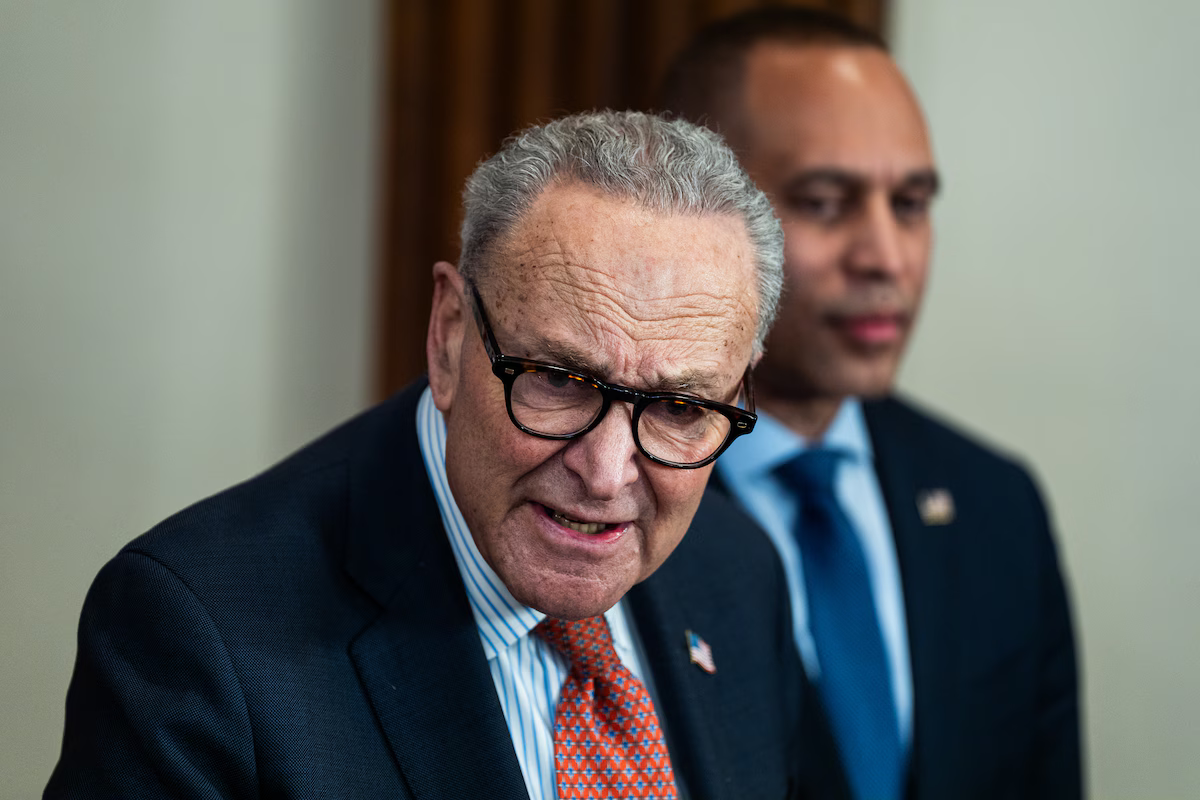
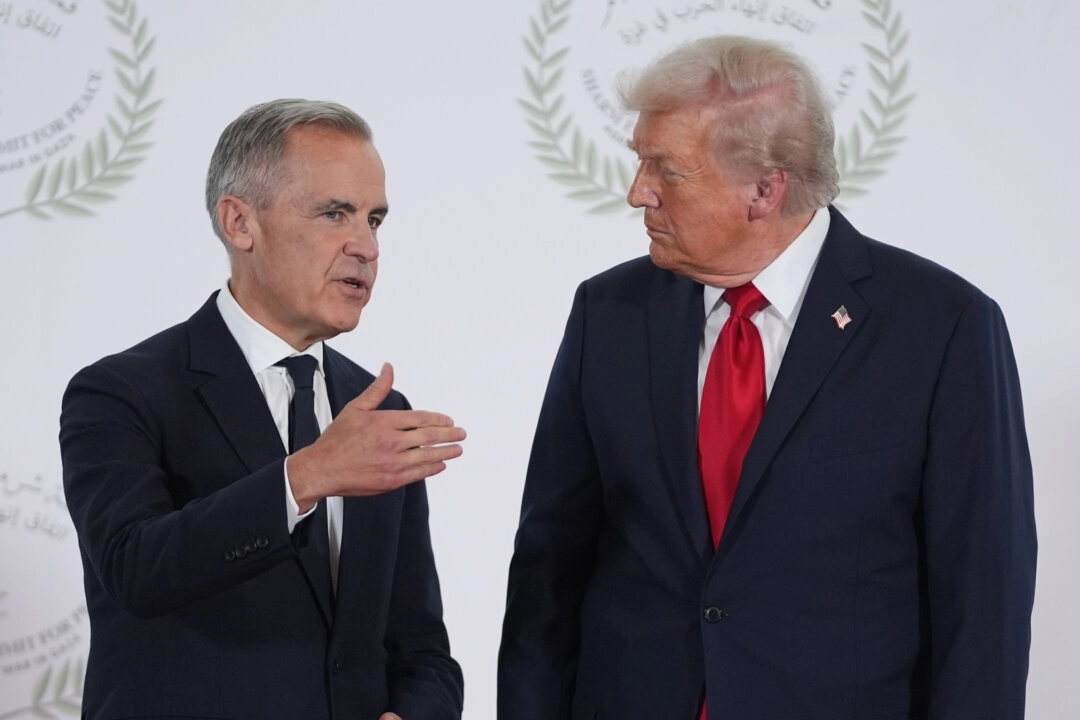
Discussion